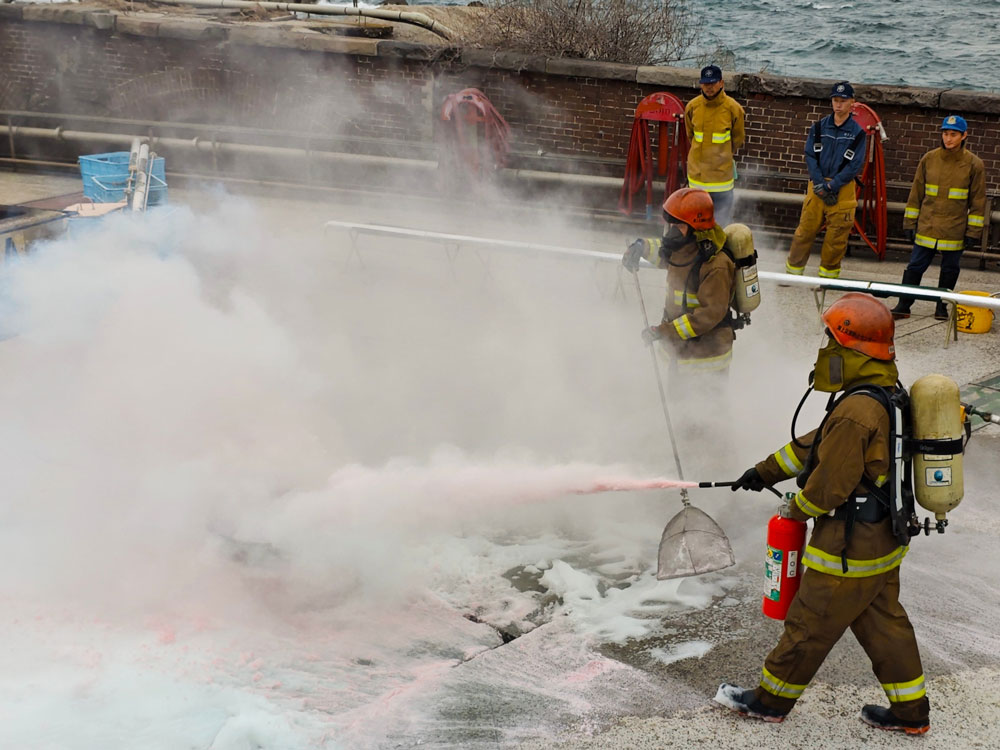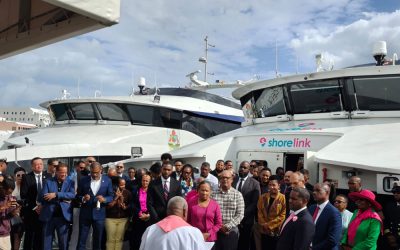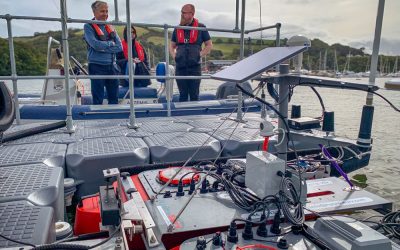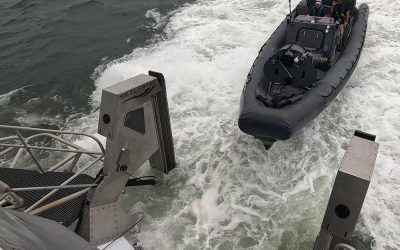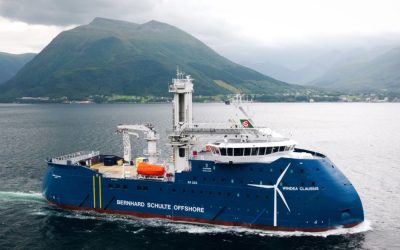The International Maritime Organization (IMO) has issued generic interim training guidelines for seafarers tasked with handling and managing zero-emission/near-zero-emission fuels, including hydrogen, ammonia, fuel cells, battery packs and methyl/ethyl alcohol.
The interim training guidelines, which come under STCW7/Circ.25, will be debated further by the IMO’s Sub-Committee on Human Element, Training and Watchkeeping in February 2026 (HTW 12).
Training crew to handle maritime alt-fuels, and to respond to related incidents, is critical in order to prevent accidents, leaks and explosions, and to safeguard personnel, vessel integrity and the environment. To this end, IMO has overseen several international initiatives, including: a three-year, Japan-funded project to train up instructors from Asian countries on operating LNG-fuelled ships; a partnership with the World Maritime University, to develop training materials on alt-fuels for seafarers; and events intended to bring the industry and regulators together, such as a recent training seminar in Singapore that focused on simulators, virtual reality and methanol firefighting exercises.
“With new training standards, enhanced technical support for member states and closer engagement with industry and academia, IMO is laying the groundwork for a just and well-prepared energy transition for seafarers,” the organisation stated in early October.
The interim training guidelines were immediately welcomed by Stream Marine Training (SMT), which provides technical and safety training (including basic and advanced IGF Code training) to the maritime and offshore sectors. SMT CEO Martin White commented: “Real safety comes from fuel-specific training…ammonia, hydrogen, LNG and methanol each carry unique hazards.” However, White added: “Reading about ammonia toxicity is not enough…seafarers must be trained to handle these fuels in realistic conditions, with the right levels of firefighting and emergency response preparation.”
Shortly after the IMO announcement, classification society ClassNK said it had entered into a collaboration with GTT Training, a subsidiary of French engineering firm Gaztransport & Technigaz (GTT). As a result, ClassNK will now offer GTT Training’s LNG, Ammonia, Methanol and Hydrogen: An Introduction course, which provides an introductory overview of the characteristics of these alt-fuels and their associated hazards, through the ClassNK Academy range of group training and e-learning services.
